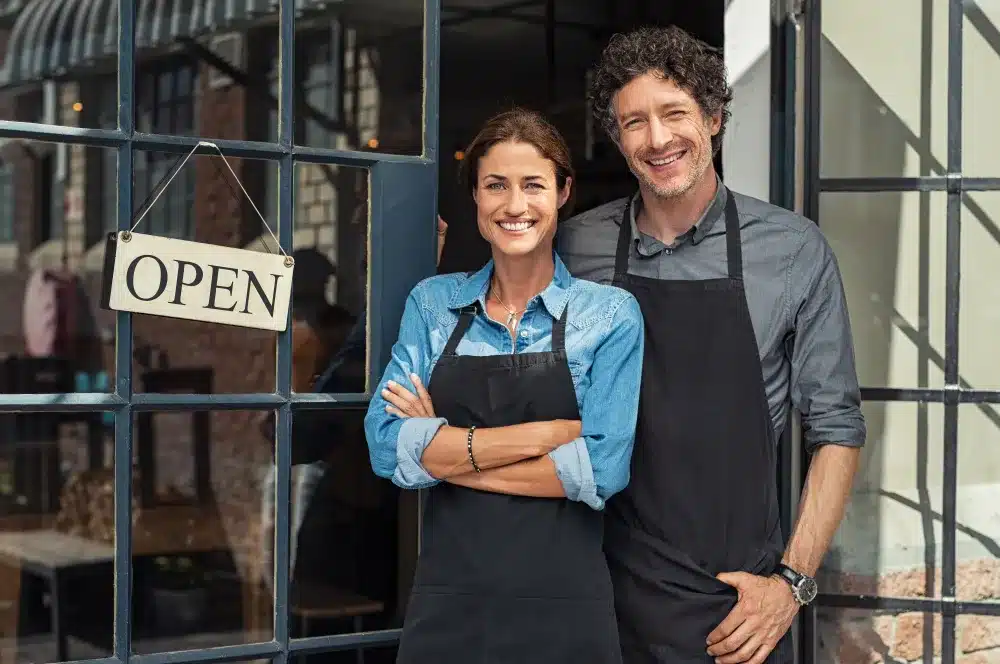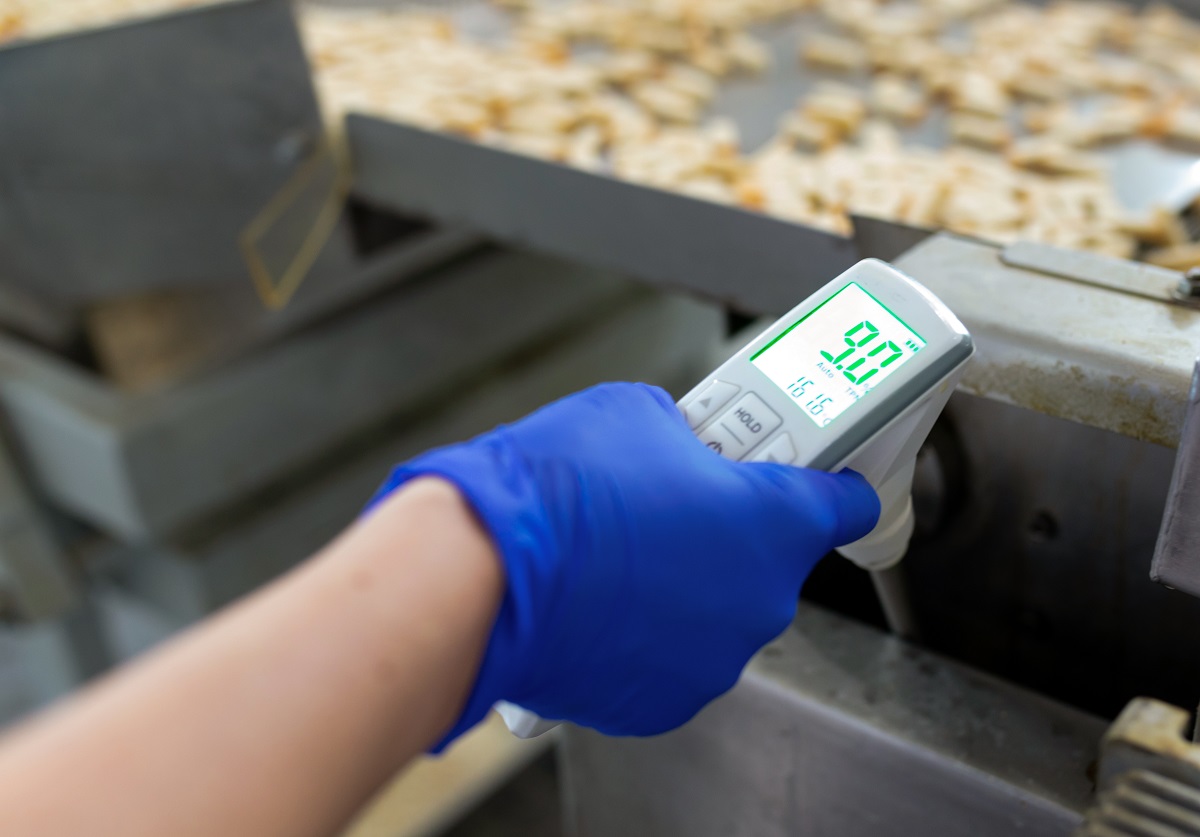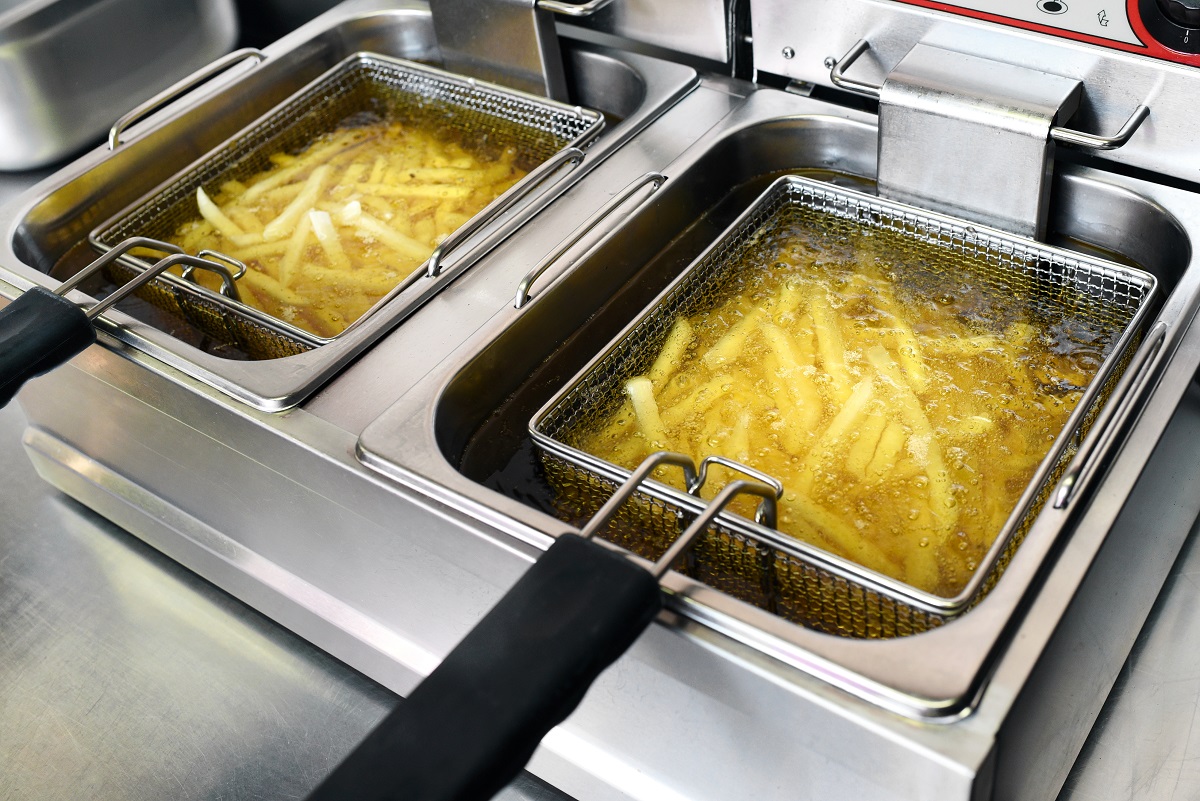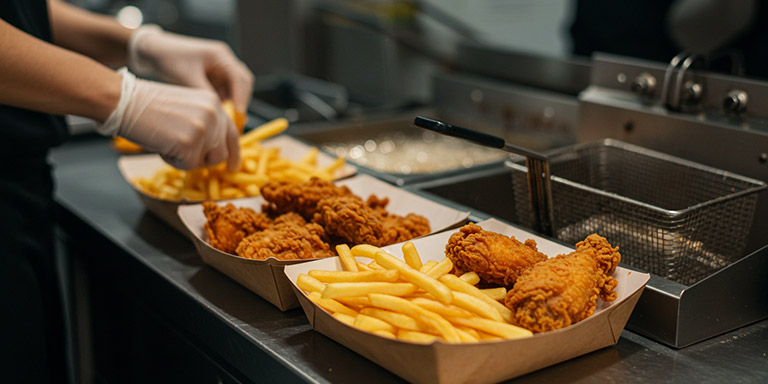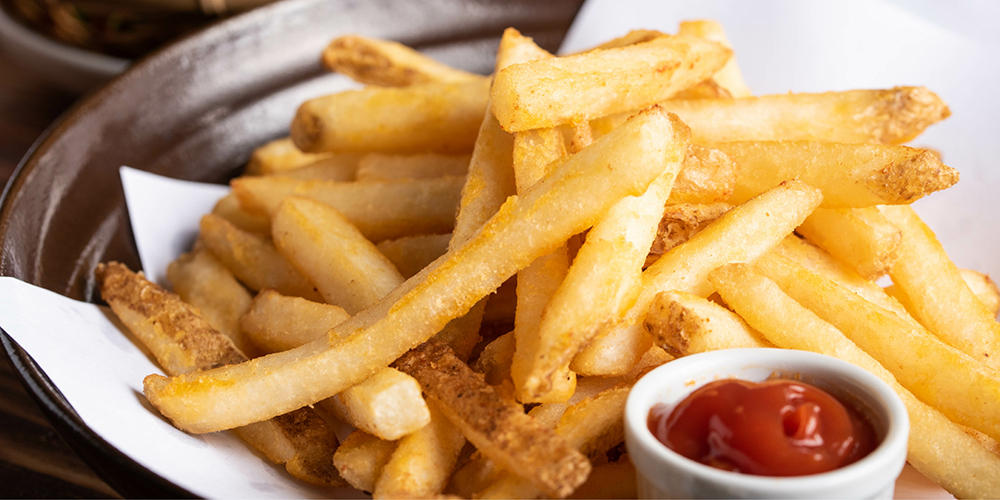Launching your own restaurant is undoubtedly alluring. Whether you want to treat the world to your Sicilian grandmother’s secret recipes or have long dreamed of ditching your desk job to run a bakery, the freedom and fun that can be found in the restaurant business has appealed to entrepreneurs for, well, centuries.
Energy, imagination, grit, and a genuine love of food and entertaining are four of the leading ingredients in a successful restaurant. Yet, how to start your own restaurant goes beyond mere character traits. From a fresh and compelling concept to a bulletproof business plan, opening an eatery requires a tremendous amount of planning before you host your grand opening.
Luckily, we have the answers you need. Here’s how to start a restaurant business from the ground up—and the excellent benefits you may find along the way. To help you on your journey, we also offer commercial cooking oil management to help increase efficiency and create a safer kitchen.
Conceptualizing Your Restaurant
Landing on the concept for your restaurant may be the most thrilling part of the whole endeavor but it’s also an aspect that requires strategic and innovative thinking. As you ponder your possibilities, weigh the following:
- Your unique knowledge or passion – Perhaps you earned a degree from The Culinary Institute of America and want to put your skills and education to the test at a fine-dining establishment. Or maybe you’ve been perfecting your enchilada recipe for years and hope to sell your signature dish from a popular food truck. The point is, defining what makes your history and experience distinct is one of the keys to ensuring the restaurant type you choose endures.
- Your target audience– Menu item options, food prices, interior decor, ambiance, service style, and even your restaurant’s playlist: all hinge on your ideal potential customer. To characterize yours, determine the general type of patron you hope to attract to your doors before honing in on their:
- Age
- Lifestyle
- Education
- Income
- Food preferences
- Your location – The state, city, and neighborhood where you plan on opening your eatery should all play a pivotal role in your restaurant’s angle. Opening a late-night tapas bar that specializes in one-of-a-kind cocktails might not fly in a suburban area that goes quiet at 9 pm but a fast-casual breakfast joint might. Our advice? Play into your environment.
- Your competition – How to start a restaurant that will have customers lined up outside your doors also entails getting a solid handle on your competition. If you’re intent on opening a farm-to-table cafe in a region teeming with similar concepts, consider what would set yours apart, such as bringing an acclaimed chef on board or offering strictly vegan fare. Your mission is to be fresh, yes, but also attuned to your community’s needs and a step ahead of what may already be available.
Crafting a Business Plan
Next is drafting a roadmap for your restaurant concept. Not only will this give you a clear-eyed perspective of the specific steps you must take to launch your venue, but it’s also non-negotiable for getting investors on board.
In addition to precise details about your restaurant concept, a few of the most important components of a restaurant business plan include:
- A powerful executive summary that will offer investors a captivating snapshot of your restaurant’s identity and a sound mission statement, as well as your enterprise’s anticipated costs and return on investment (ROI).
- A market overview that demonstrates the present market conditions in your location as well as an evaluation of your target audience and competition.
- A sample menu outlining the type of food you’ll serve and your price points.
- A description of your new restaurant’s design that takes into consideration both its aesthetics and logistics (such as the kitchen equipment your kitchen will contain and the software you’ll use).
- A financial analysis that pinpoints food costs, the size of your restaurant, and the number of patrons you can confidently predict you’ll serve per day.
As you might imagine, this isn’t an exhaustive list of the elements a persuasive restaurant business plan must contain. The scope of your enterprise and the funding it’ll require will shape what you ultimately present to investors. Your best bet is to work with a business consultant and bring in an accountant or attorney specifically for your financial analysis.
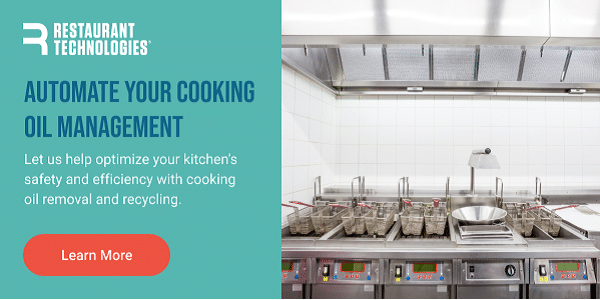
How Much Money Do You Need to Start a Restaurant?
The answer to this question depends entirely on the type of venue you hope to open; it also underlines the advantages of working with an expert. That said, some of the biggest startup costs you’ll need funding for are:
- Operational costs, such as a lease deposit, rent, utilities, business insurance, and maintenance.
- Labor costs, including salaries for management employees, benefits, and insurance.
- Restaurant equipment, furnishings, and software costs, like vent hoods, ovens, stoves, seating, and a point-of-sale (POS) system.
- Remodeling costs (for brick-and-mortar establishments) that will turn your vision into a reality.
Given how radically all of these aspects can differ, opening a restaurant can cost anywhere between the low five figures to millions of dollars. However, according to a survey conducted by Restaurant Owners, the average comes in at $375,500.
Securing Financing
Aspiring restaurant owners may be glad to know that there are multiple avenues for securing financing for their goals. The predominant options include a:
- Business line of credit
- Small Business Administration (SBA) loan
- Traditional bank loan
- Commercial real estate loan
What’s more, you may qualify for an alternative loan in which your repayment plan is based on your daily sales. At the same time, don’t discount the power of personal loans and crowdfunding.
Is $10,000 Enough to Open a Restaurant?
In a word: Possibly. Low-cost restaurant options do exist, but even launching a food truck may involve restaurant startup costs that begin at $40,000.
With $10,000, your most viable option may be learning how to start a ghost kitchen, wherein you prepare your food out of a commercial kitchen and offer it as a delivery option via third-party apps like GrubHub and UberEats.
Designing Your Menu
Now comes the exhilarating part: Curating a menu that entices your target audience, exceeds their expectations, and resonates with your passions.
Naturally, your menu should be a direct reflection of your restaurant’s overarching theme and service style. These alone will mold your:
- Price points
- Descriptions
- Titles of dishes
- Menu organization
- Aesthetics
Further, it’s crucial to decide if your menu will change with the seasons and if it’s feasible to adjust it to ever-evolving culinary trends.
Finding the Perfect Location
Unless you’re planning on starting a food truck or ghost kitchen, your restaurant’s unique concept will also influence what may qualify as the “perfect” location.
With this in mind, consider:
- The location’s accessibility and amount of foot (and car) traffic
- Your target customer, their lifestyle, and where they’re most likely to be found during peak dining times
- Your direct competition
- Zoning laws
Last but certainly not least, keep your budget at the forefront of your mind: It’s the biggest determinant between a premium and passable (but still exciting) location.
Marketing Your Restaurant
You may have perfected and even electrified every last detail of your dining room and menu, created a dream team of enthusiastic employees, and scored a terrific location. Without marketing, however, only a few might know of your restaurant’s existence.
To build buzz about your restaurant, shoot to leverage:
- Social media
- Social connections, such as fellow restaurateurs, bartenders, and other industry employees, influential members of your community, and friends and family
- Email marketing
- Search engine and website optimization
Restaurant marketing isn’t a set-it-and-forget-it task but an ongoing duty, much like the constancy of the industry itself and the consistency demanded of running a restaurant, period. This begs the following questions:
Is it Hard Owning a Restaurant?
“Hard” is subjective but owning a restaurant involves a not insignificant amount of ambition, steadfastness, and patience. Above all, it requires stamina and resilience to overcome the stressors that may arise before opening your restaurant and as you maintain it.
Yet, with these tips in hand and an unwavering vision, your restaurant may deliver the perks that compelled you to consider the idea in the first place.
Is it Profitable to Open a Restaurant?
It can be with thoughtful planning and a realistic understanding of the capital you’ll need to jumpstart your operations. That said, the average profit margin for restaurants ranges between 3 and 5%. But if it prospers? You’ll have palpable evidence of your determination.
How to Start a Restaurant: Additional Necessities
Opening a restaurant that has the potential to flourish calls for a holistic approach and close attention to the following details:
- Your restaurant’s layout – The layout of your establishment isn’t purely aesthetic—it must also take into account a functional flow between front and back of house operations. Incorporating efficient hotel kitchen design principles can enhance this flow, ensuring that the kitchen supports seamless service and operational efficiency.
- Permits and licenses – From a business license to a liquor license (if applicable), there are several permits and licenses you must obtain before you pop the champagne. What your specific eatery might require will depend on its location, size, signage, and more.
- Equipment – The restaurant equipment you’ll need entails everything from kitchen essentials to barstools—and this too depends on your restaurant’s concept. Drawing up a blueprint of your layout and your restaurant’s offerings will help you see exactly what you need to be in business.
- Hiring and training your team – Even the most brilliant restaurant theme and cuisine can’t shine without a robust team behind it all. Figure out how much time you’ll need to build yours, and work it into your overall strategy.
Enhancing Operations with Restaurant Technologies
There are few endeavors as extensive as starting a restaurant, but few joys as substantial as nourishing—and delighting—your community.
Starting a restaurant or cafe that will satisfy your customers requires the most up-to-date and innovative solutions. From commercial cooking oil management to automated hood cleaning, we can handle several of your back-of-house operations so that your front-of-house is nothing short of remarkable.
Watch the restaurant you’ve long envisioned bloom with Restaurant Technologies.
Sources:
- OpenTable. From ancient Egypt to today: why restaurants have always mattered. https://www.opentable.com/blog/history-of-restaurants-vibe-shift
- 7 Shifts Blog. 14 successful restaurant concepts + ideas to inspire. https://www.7shifts.com/blog/restaurant-concepts
- Eat. How to write a restaurant business plan in 2024 (step by step guide with templates). https://restaurant.eatapp.co/blog/restaurant-business-plan
- Indeed. Opening a restaurant: startup costs and best practices. https://www.indeed.com/hire/c/info/opening-a-restaurant
- The Ascent. How much does it cost to open a restaurant? https://www.fool.com/the-ascent/small-business/articles/how-much-does-it-cost-to-open-a-restaurant
- Toast. The complete guide to restaurant financing and loans. https://pos.toasttab.com/blog/on-the-line/restaurant-financing
- Auguste Escoffier School of Culinary Arts. How to start a restaurant: a step by step guide.https://www.escoffier.edu/blog/food-entrepreneurship/how-to-start-a-restaurant-with-little-to-no-money
- Auguste Escoffier School of Culinary Arts. How to create a great restaurant menu. https://www.escoffier.edu/blog/food-entrepreneurship/menu-design-best-practices
- LightSpeed. 10 best practices for picking the perfect restaurant location for your QSR. https://www.lightspeedhq.com/blog/restaurant-location
- Toast. How to do restaurant marketing. https://pos.toasttab.com/blog/on-the-line/restaurant-marketing
- Investopedia. The economics of owning a restaurant. https://www.investopedia.com/articles/personal-finance/120815/economics-owning-restaurant.asp
